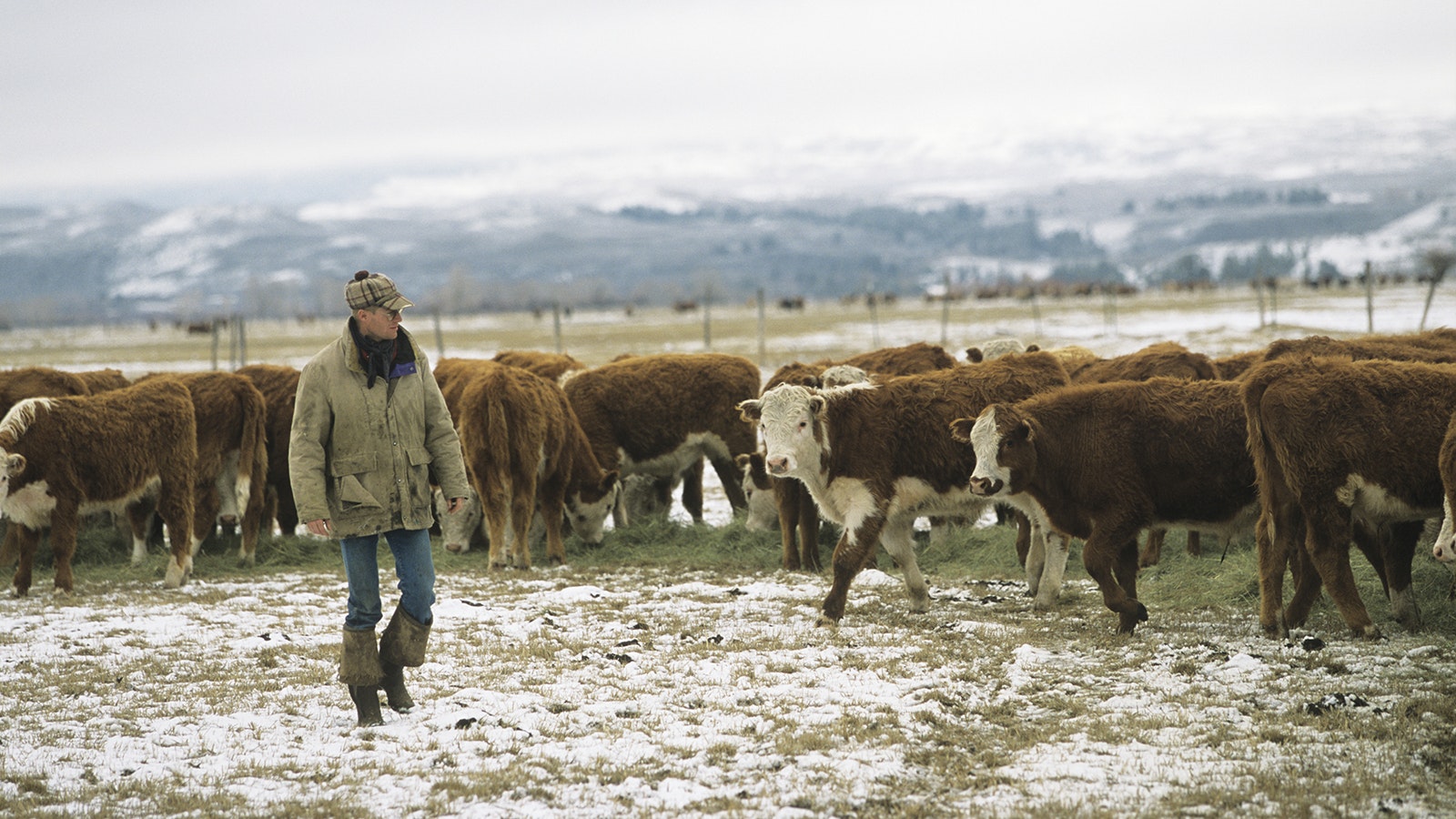On a trophy ranch owned by media mogul Rupert Murdoch, researchers from the University of California-Davis tested a novel approach to reducing methane emissions from cattle by using a seaweed harvested from the waters of Hawaii.
The study, which marks the first examination of seaweed's effects on grazing cattle, involved a controlled trial at Matador Ranch in Dillon, Montana. Researchers divided 24 beef steers, a mix of Angus and Wagyu breeds, into two groups: one group received a daily supplement of the seaweed, while the other did not.
Researchers used solar-powered equipment to dispense the seaweed pellets and measure methane emissions.
Over a 10-week period, the cattle that ate the seaweed supplement demonstrated a nearly 40% reduction in methane emissions, all without adversely affecting their health or weight, according to a UC Davis press release.
Ermias Kebreab, a professor in the Department of Animal Science at the university and senior author of the study, emphasized the significance of these findings in a statement.
“We need to make this seaweed additive or any feed additive more accessible to grazing cattle to make cattle farming more sustainable while meeting the global demand for meat,” he said.
Getting Cow Farts Under Control
The results of this study come at a time when the agricultural industry is under increasing pressure to find sustainable solutions to its environmental impact. Livestock account for approximately 12% of global greenhouse gas emissions, with methane being the largest portion released during digestion, according to research from the UN’s Food and Agriculture Organization.
“This research offers a promising avenue for mitigating climate change,” the report says. “The findings may be relevant in the context of growing global demand for livestock products and the urgent need to address the environmental impacts of animal source foods. Thus, this study contributes to the broader efforts aimed at developing more sustainable and environmentally friendly agricultural practices.”
Supplying the seaweed pellets used in the study was Blue Ocean Barns, based in Kailua-Kona, Hawaii. The company cultivates seaweed in nutrient-rich waters, and also works with ocean farmers in Hawaii and California to harvest Asparagopsis taxiformis, a species of red seaweed.
Blue Ocean Barns transforms Asparagopsis taxiformis into a feed supplement called Brominata, which cattle apparently like to eat, based on the research findings and methods deployed on the Matador Ranch.
“The method paves the way to make a seaweed supplement easily available to grazing animals,” Kebreab with UC Davis stated. “Ranchers could even introduce the seaweed through a lick block for their cattle.”
Asparagopsis taxiformis contains certain compounds, including bromoform, which have been shown to inhibit specific methanogenic — aka burp- and fart-inducing — microbes. By reducing the population of these microbes, cattle farts naturally decline in frequency and methane potency.
Role Of Matador Ranch
The study was conducted at the Matador Ranch and Cattle’s Selkirk division outside Dillon. Rupert Murdoch, the ranch owner, is an influential Australian-born media magnate known for establishing Fox News in 1996. He bought the place, according to a 2021 report in the Wall Street Journal (which he also owns) for $200 million from Koch Industries.
Ranch staff involved with the study were not available due to the Christmas holiday break. But the Matador Ranch website offers a hint about why it became ground zero for cow fart studies designed to help fight climate change.
“The agricultural industry is changing both in its challenges and the resources and technologies available to properly manage complex resources,” stated the Matador Ranch on its website. “Our consumers expect us to adapt and find forward-thinking solutions to anticipate and meet the challenges of a changing climate.”

David Madison can be reached at david@cowboystatedaily.com.





